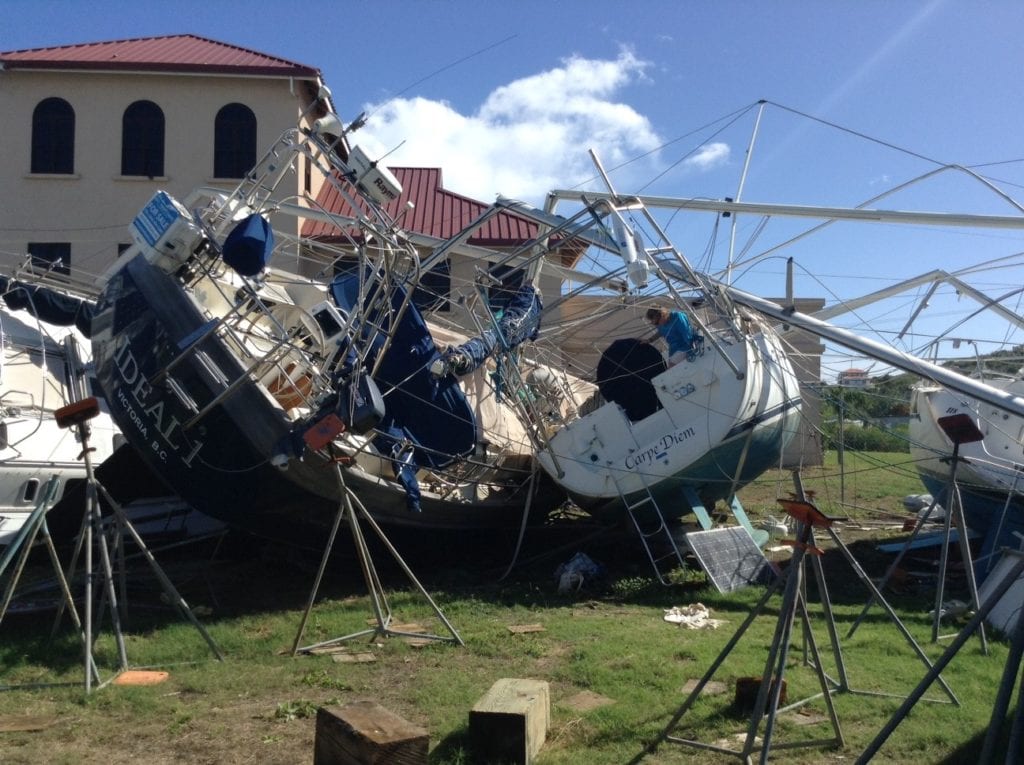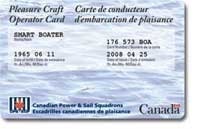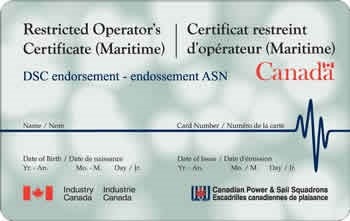Gaining Practical Experience and Qualifications
Each week, we are contacted by beginner sailors looking who would like to become accomplished coastal cruisers on a sailboat. In order to do this, student's must first begin with completing a Sail Canada Cruising Certification's course. Here at TULASailing, we are able to help you to accomplish your sailing goals so that you can become a confident sailor, wherever you wish to sail!
In this article, we outline the general process towards that goal. We discuss two primary requirements:
- Practical Experience (simply put, time on a boat)
- Formal Cruising Qualifications (Sail Canada Certifications)
When applying to charter a sailboat, charter companies will normally want some evidence of both of the above. A convenient place to keep a record of your sailing qualifications and your time spent on a sailboat is in Sail Canada’s Logbook.
The acceptability of both your practical experience and qualifications depends much on the particular charter company, but prudent captains will want to minimize the risk to their VISA card deposit by ensuring they have some of the qualifications listed below and some reasonable level of practical experience.
Damage to charter sailboats is quite high due to both hurricanes and inexperienced charterers. Unfortunately, insurance rates rise substantially after each major storm, as does the cost of chartering.

Practical Experience
“Believe me, my young friend, there is nothing, absolutely nothing, half so much worth doing as simply messing about in boats.”
― Kenneth Grahame, The Wind in the Willows
Toad was referring to a small dinghy, and not a 40-foot modern ocean cruising sailboat with all it’s equipment and complexities. Nothing can benefit the new sailor more than spending time helping to operate and maintain a cruising sailboat.
Steering at the helm of a sailboat starts the new sailor on the voyage towards developing ‘boat sense’, together with an appreciation of risk to the boat and those on board. And how to mitigate and handle those risks. Reading instructional texts to gain ‘ashore’ skills is essential but the value of gaining ‘afloat’ skills aboard a boat should not be underestimated.
What Type of Cruising Are You Interested In?
After we are contacted by new student sailors, we almost always chat about their plans for their own cruising life. Do they want to eventually buy a boat, crew for friends or family, charter, live aboard their own boat, become a coastal cruiser, sail offshore or race sailboats?
This cruising life is on many ‘bucket lists’. Those plans go some way to determining the type of qualifications that any new sailor should consider.

Pleasure Craft Operator Card (‘PCOC’)
Before 1999, the Government of Canada was becoming concerned about the growing number of injuries and deaths experienced by the operators of boats and other water-craft. The introduction of jet-skis and high-powered craft encouraged the Government to introduce a national operator licence to be obtained by those using a water-craft powered by an engine.
We want our students to be able to steer Tula shortly after leaving the harbour under power, to start developing that ‘boat sense’, and to do that, students must have their PCOC.
This qualification can be obtained on-line at reasonable cost through various on-line course providers, including the Canadian Power and Sail Squadrons (‘CPSS’) at: http://www.cps-ecp.ca/?WCE=A=Body|C=32|K=S235672
This course is based on Transport Canada’s Safe Boating Guide which can be found at: http://www.tc.gc.ca/media/documents/marinesafety/TP-511e.pdf

Restricted Radiotelephone Operator's Certificate (Maritime) (‘ROCM’)
Our ROCM course teaches students how to properly operate a VHF marine radio, including emergency radio procedures and everyday operating techniques.
This course includes information about the uses of marine radios, choice of frequencies, phonetic alphabet, procedural words and phrases, as well as Digital Selective Calling and the Global Maritime Distress and Safety System.
TulaSAILING Inc is a Recognized Examiner as approved by CPSS and able to examine and certify students with respect to this course.
Students can often complete both ROCM and BCS courses concurrently on the same 5-day, live-aboard voyage. For more information, visit: https://tulasailing.com/cruising-courses/
Basic Cruising Standard (‘BCS’)
Sail Canada’s BCS course teaches students to be able to cruise safely in familiar waters as both skipper and crew of a sloop-rigged keelboat of 6 to 10 meters in length with an inboard engine in moderate wind and sea conditions by day.
TulaSAILING Inc. is an approved Sail Canada sailing school and able to examine and certify students for their BCS at the conclusion of a 5-day, live-aboard course. For more information, visit: https://tulasailing.com/cruising-courses/
Intermediate Cruising Standard (‘ICS’)
Sail Canada’s ICS course teaches students to be able to cruise safely as both skipper and crew of a sloop-rigged sailboat of 9 to 12 meters in length with an inboard engine, in moderate wind and sea conditions by day. The standard emphasizes on-the-water skills at a level acceptable for extended cruises in coastal and inland waters and for bare boat chartering.
A new 2019 prerequisite for this course is Sail Canada’s Basic Coastal Navigation which can be completed either before or after completing ICS. As navigation courses do not need to be completed on a sailboat, sailors will often complete navigation courses in the winter months.
TulaSAILING Inc. is an approved Sail Canada sailing school and able to examine and certify students for their ICS at the conclusion of a 5-day live-aboard course. For more information, visit: https://tulasailing.com/cruising-courses/
Coastal Navigation Courses
We sail the oceans now with wonderful electronic charts and global positioning systems, which help us with navigation, positioning and route planning. It is important that we do not become overly reliant on such programmes.
We therefore recommend that new sailors consider completing one of Sail Canada’s two navigation courses, Basic Coastal Navigation or Intermediate Coastal Navigation which can be found at:
https://www.sailing.ca/files/Basic_Coastal_Navigation_March_31,_2017_effective.pdf https://www.sailing.ca/files/Intermediate_Coastal_Navigation_March_31_2017_effective.pdf
Advanced Level and Specialized Courses
Sail Canada has a a wide of variety of advanced level and specialized courses for other types of sailors and power boaters. For more information, visit: https://www.sailing.ca/keelboats-cruising-s15686
Should you require more information about TulaSAILING Inc’s cruising courses, or are having difficulty locating a Sail Canada coastal navigation, advanced level or specialized instructor please contact us.
TulaSAILING Inc. is a Vancouver Island, B.C. based company specializing in training for those interested in extended coastal cruising. We teach Sail Canada cruising courses and Canadian Power and Sail Squadron marine radio courses to students during 5-day, fully-provisioned, live-aboard voyages.
